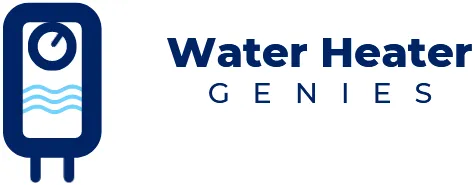Troubleshooting Tips for Common Water Heater Problems: Keeping Your Home Comfortable and Efficient
As homeowners, it's crucial to ensure the smooth and efficient operation of our households. A key component in this endeavor is the water heater, as we rely on it for our daily routines. However, when it malfunctions, it can throw a cold shock into our day. This comprehensive guide offers troubleshooting tips to address common water heater problems, empowering you to resolve any issues that may arise.
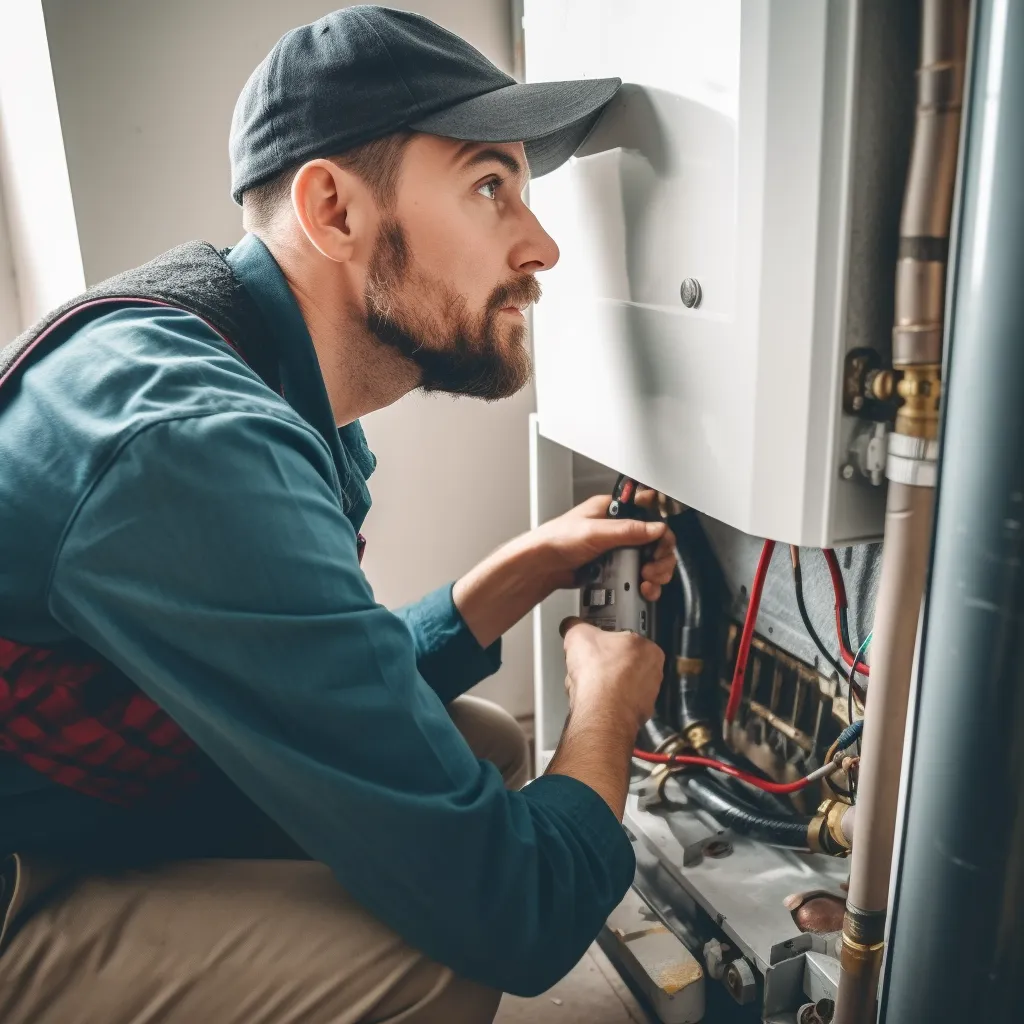
The tank is leaking
If your water heater is leaking, a faulty pressure relief valve or a corroded tank may be to blame. Here's what you can do:
Inspect the pressure relief valve to determine if it needs replacement.
Thoroughly examine the tank for signs of corrosion or damage. If corrosion is detected, the tank must be replaced to prevent further leakage.
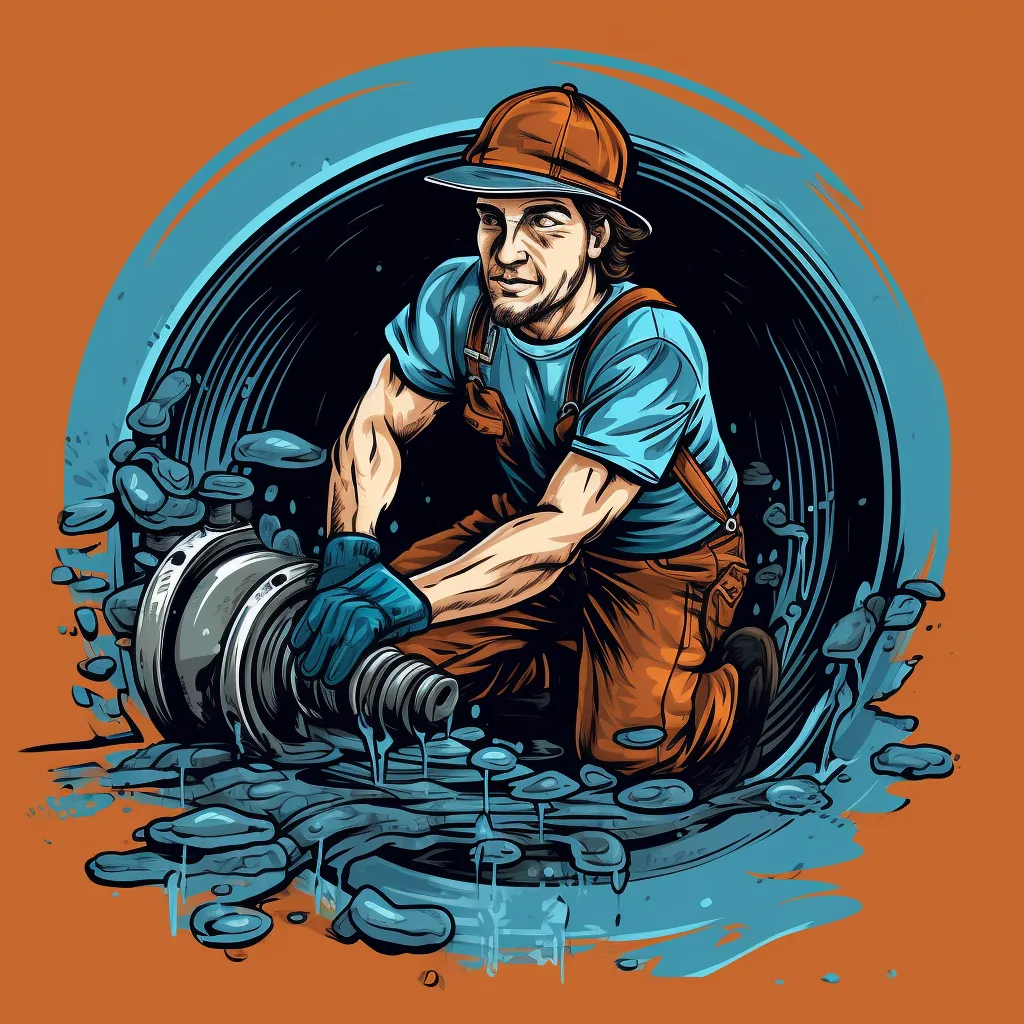
Discolored Water
If you're experiencing discolored water, your water heater may require flushing and descaling. Here's what to do:
Verify if the pressure relief valve needs replacement, as it can contribute to water discoloration.
Use a mixture of white vinegar and water to flush the water heater and remove sediment buildup.
Examine the anode rod for signs of deterioration. If corrosion is present, replace the rod.
If necessary, seek professional assistance to perform a thorough descaling treatment.
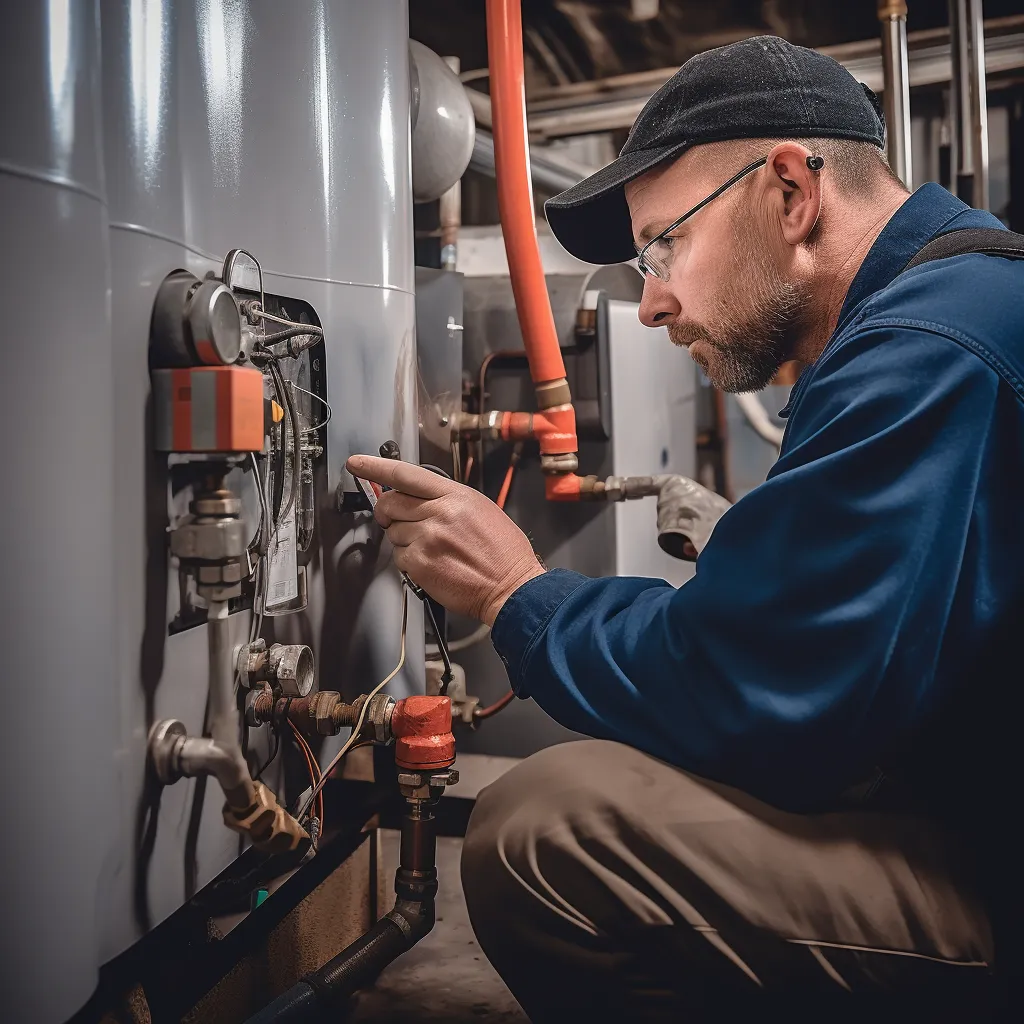
Bad Odor in the Water
Unpleasant odors in the water can be caused by bacteria buildup in the tank. Here's what you can do:
Have a professional inspect the tank to determine if replacement is necessary.
Reduce odors by flushing out the water heater using a solution of white vinegar and water.
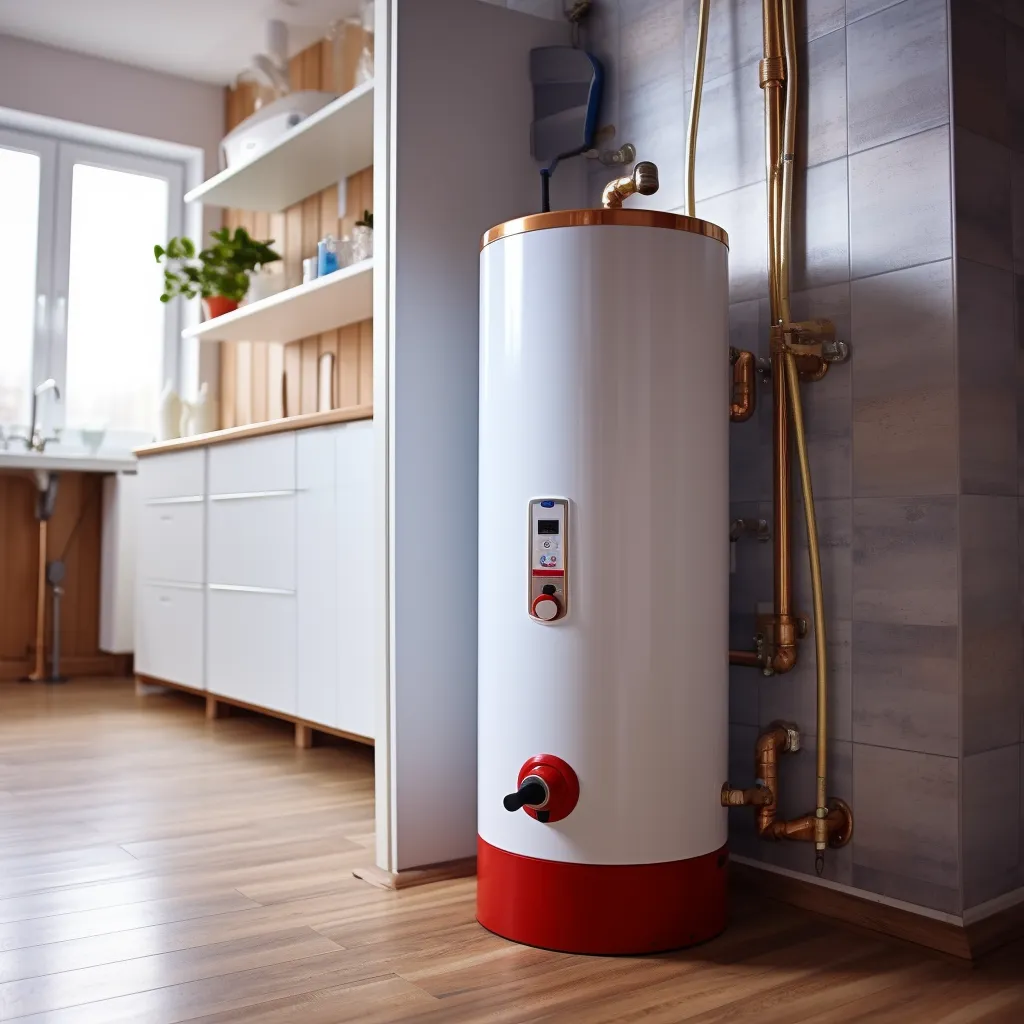
Noisy water heater
If you're experiencing unusual noises from your water heater, it could be due to sediment buildup or loose parts. Here's what you should do:
Periodically flush your water heater to control sediment buildup.
Have a licensed plumber inspect all internal components to ensure they are properly secured.
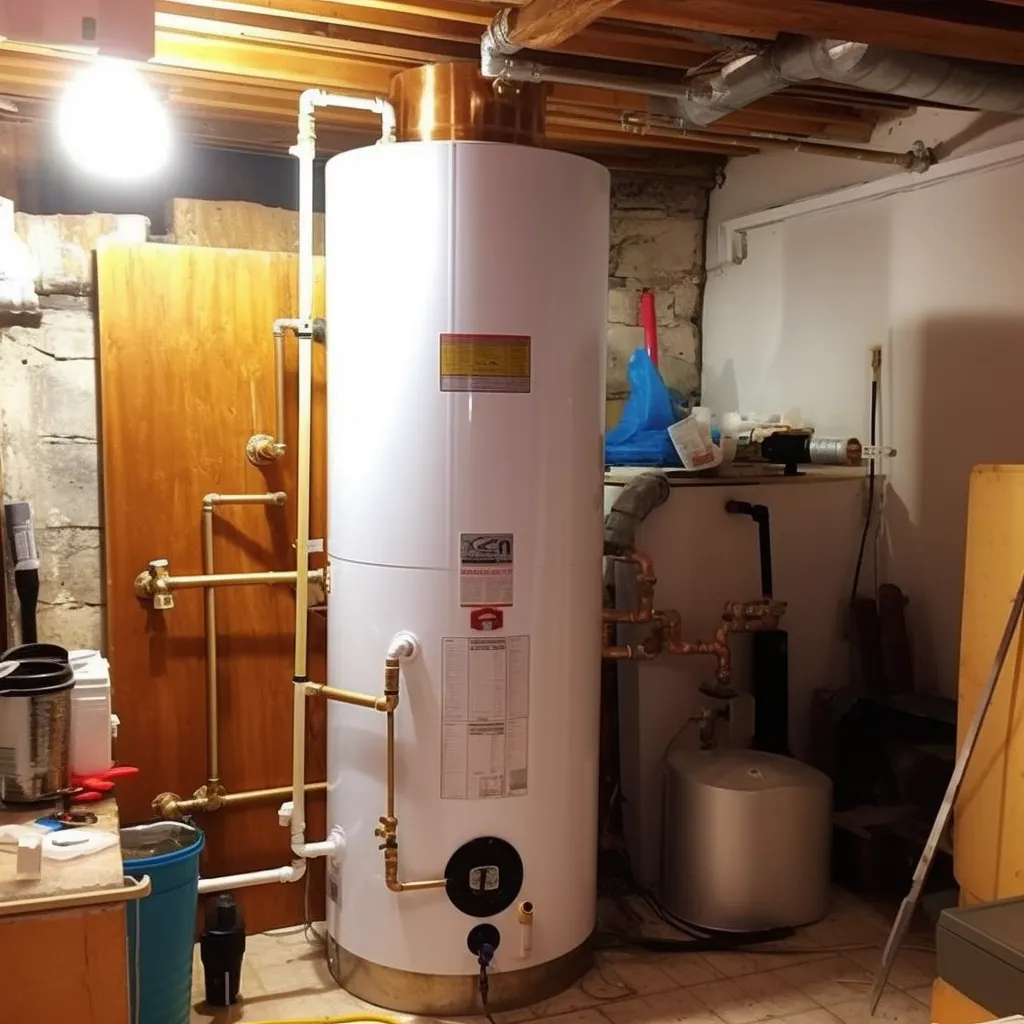
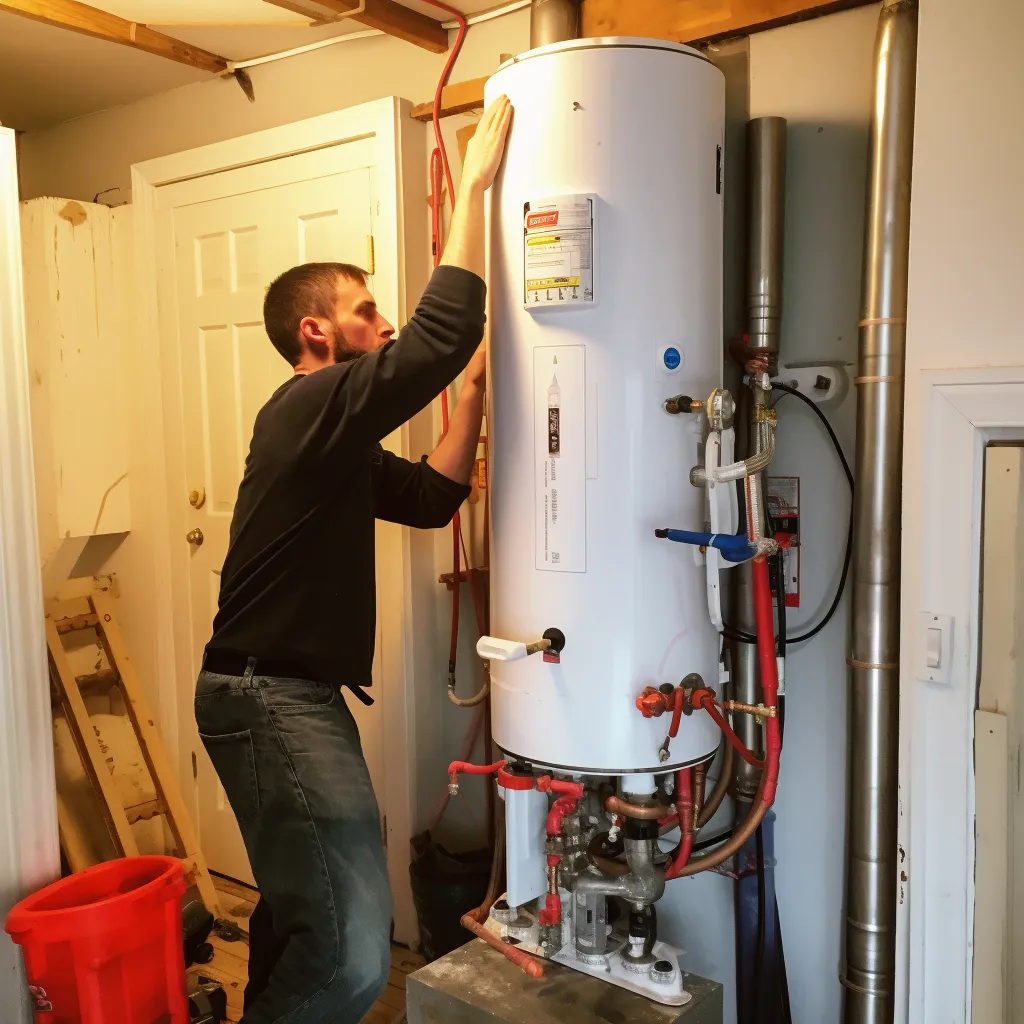
Tank takes a long time to reheat
When your tank heater takes an excessive amount of time to reheat, it could be due to a malfunctioning thermostat, an undersized tank, or mineral buildup. Here are some steps to resolve the issue:
Ensure the thermostat is set to the correct water temperature.
Consider replacing the thermostat if the water isn't heating up as expected.
Have a professional check for mineral buildup and descale if necessary.
If you frequently run out of hot water, upgrading to a larger tank may be the solution.
Low hot water pressure
Experiencing low hot water pressure can be frustrating. The problem may be caused by a small hot water tank or a leaky system. Here's what you can try to solve this problem:
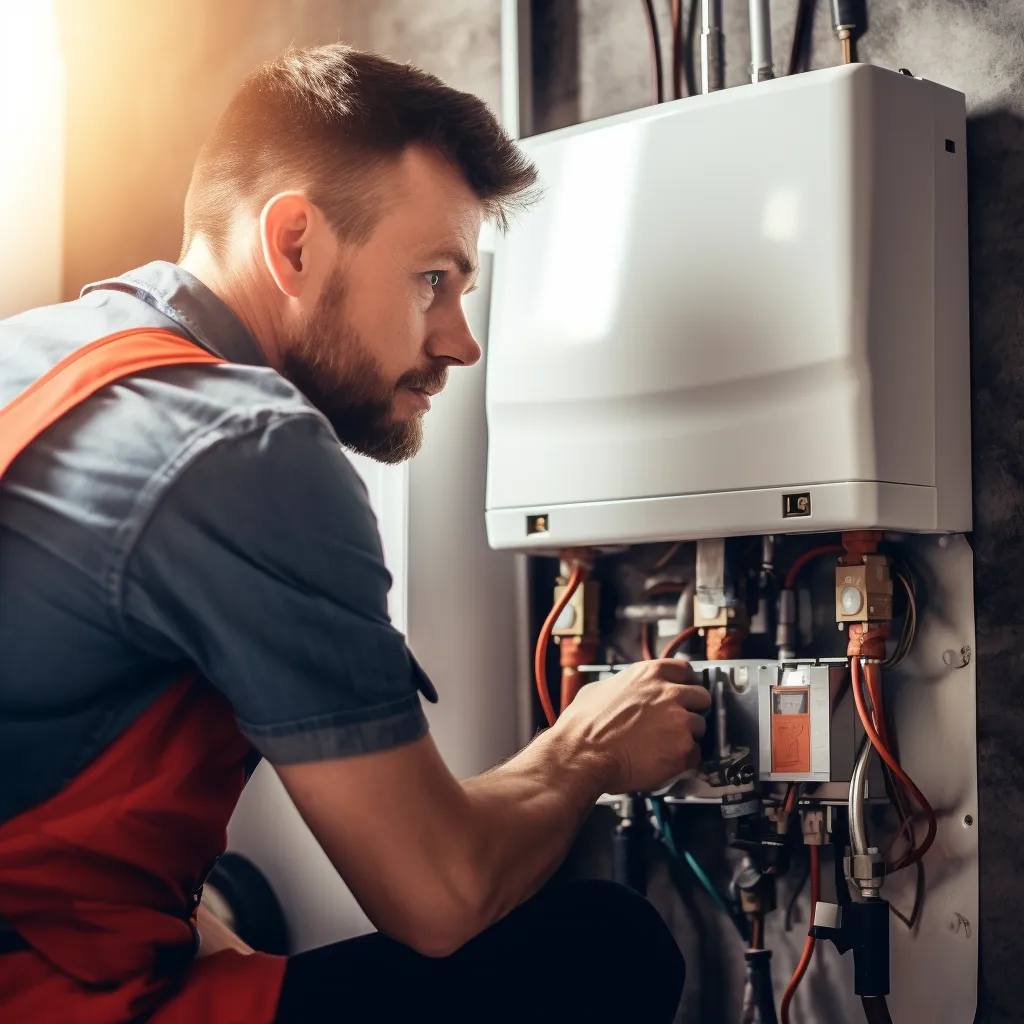
Check if your tank is the right size to support all the hot water outlets in your house. If not, consider upgrading to a larger size.
Have a professional plumber inspect your plumbing system for any leaks.
Verify that the pressure relief valve is functioning correctly.
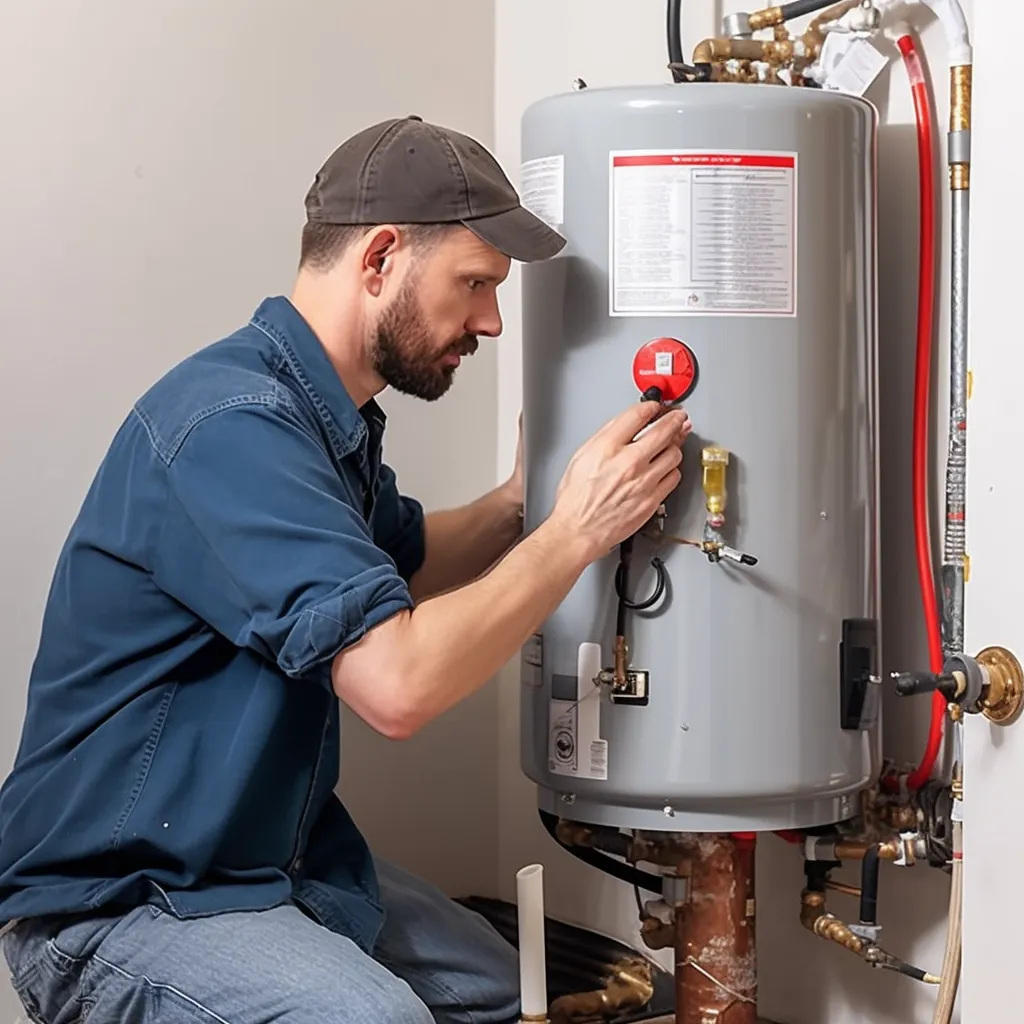
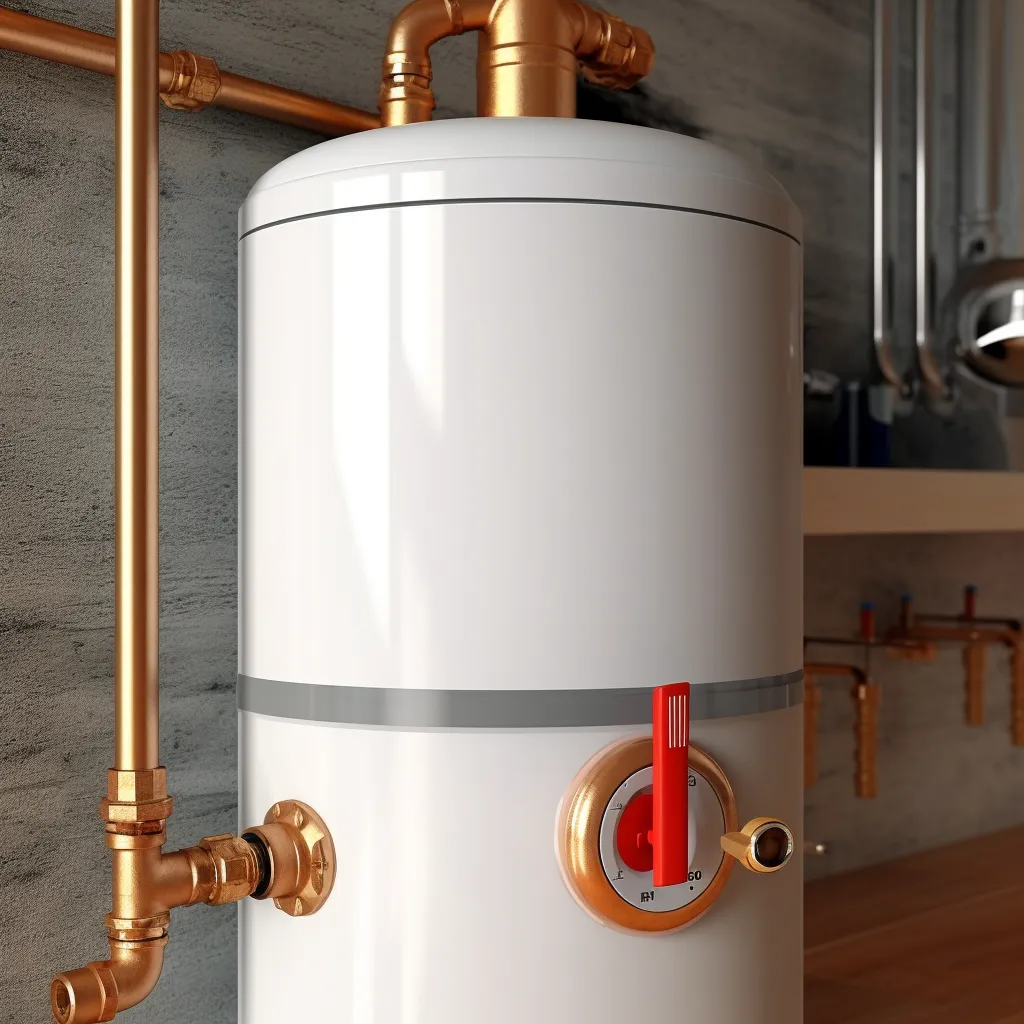
Low supply of hot water
If you notice your water cooling down too quickly, it could be due to a malfunctioning thermostat, an undersized tank, or clogged pipes. Here are some troubleshooting tips:
Check that your thermostat is functioning properly.
Have a professional inspect your water heater and perform a descaling cleaning if necessary.
Consider upgrading to a larger tank if your current one doesn't meet your expectations.
Ways to prevent future water heater problems
To prevent future issues with your water heater, you should:
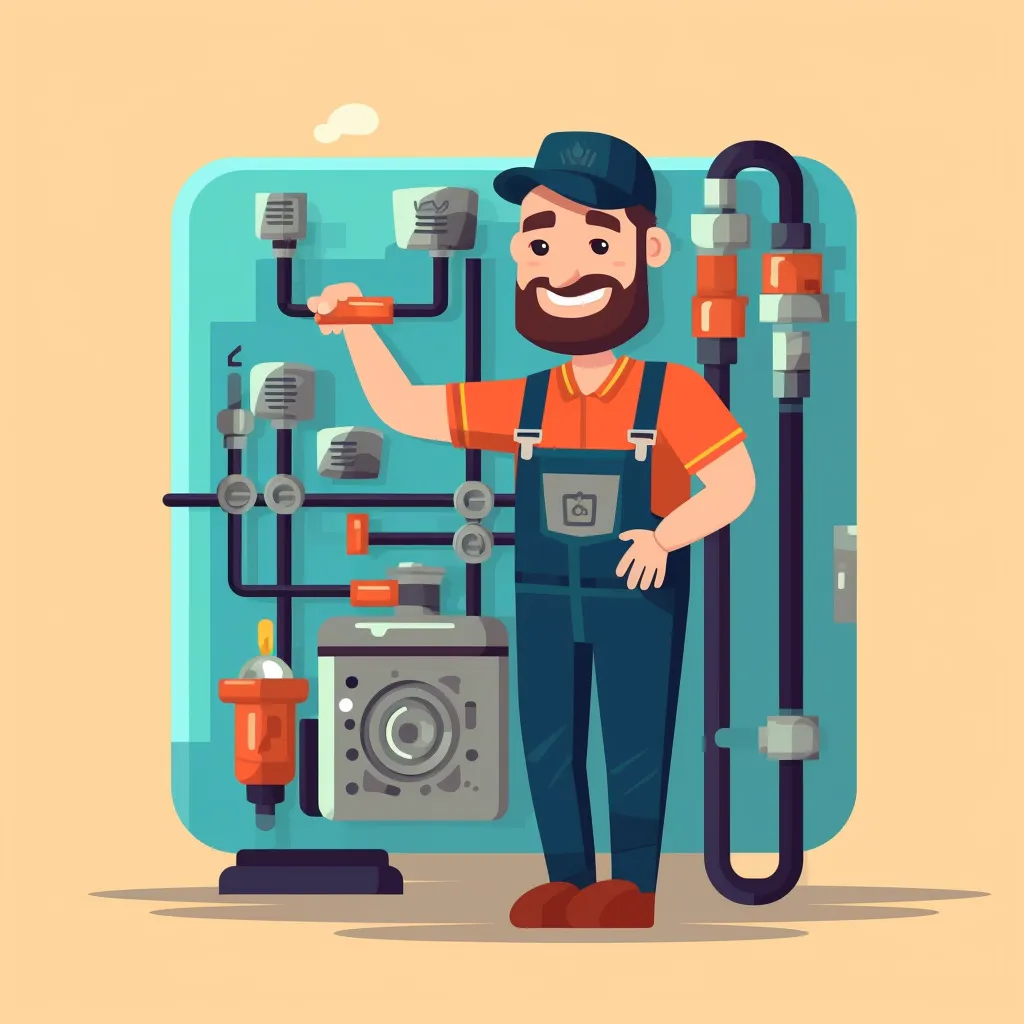
Regular Inspection: Periodically inspect your water heater for signs of wear and corrosion. Early detection can prevent major issues and costly repairs.
Tank Flushing: Regularly flush out the tank to eliminate sediment buildup. This enhances efficiency and extends the lifespan of your water heater.
Check Valves and Fittings: Frequent inspection of valves and fittings is crucial to identify and fix leaks promptly. Timely repairs prevent water damage and wasted resources.
Anode Rod Replacement: Replace the anode rod every few years to prevent corrosion within the tank. This simple step protects your water heater from premature deterioration.
Professional Service: Schedule full descaling or annual servicing by a water heater professional. Their expertise ensures comprehensive cleaning and maintenance for optimal performance.
Proper Sizing: Choose the right water heater size based on your household
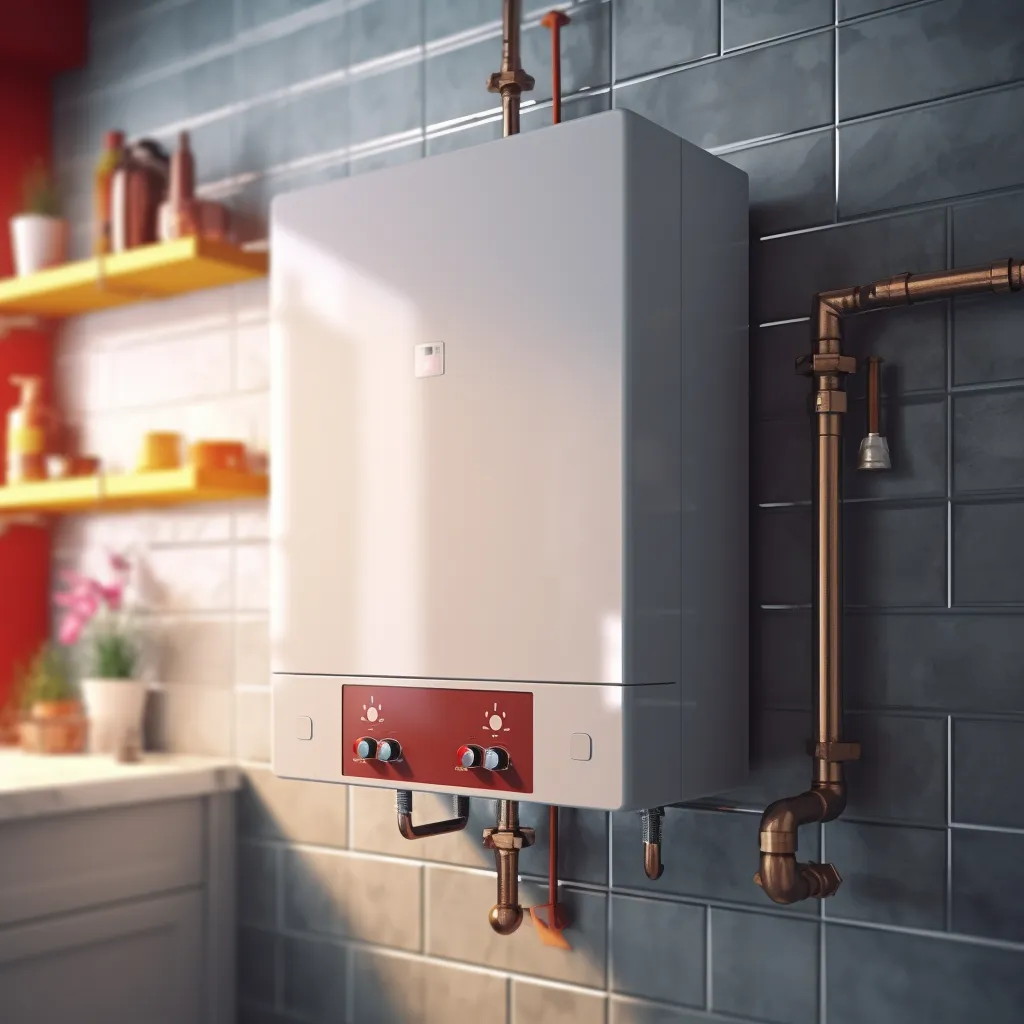
If you're uncertain about your repair or maintenance abilities, it's advisable to seek professional assistance.
Know When to Hire a Licensed Plumber for Your Water Heater: Ensuring Efficiency and Safety
To ensure the efficiency and safety of your water heater, it's crucial to have it inspected and serviced by a licensed plumber. Not only can they identify and address issues before they escalate, saving you money in the long run, but they can also provide valuable advice on the optimal water heater for your home and recommend energy-saving strategies. If you've noticed any problems with your water heater, don't hesitate to contact a licensed plumber immediately to prevent costly repairs.
Key Considerations When Choosing a Licensed Plumber
When selecting a licensed plumber, it's important to conduct thorough research and consider the following factors:
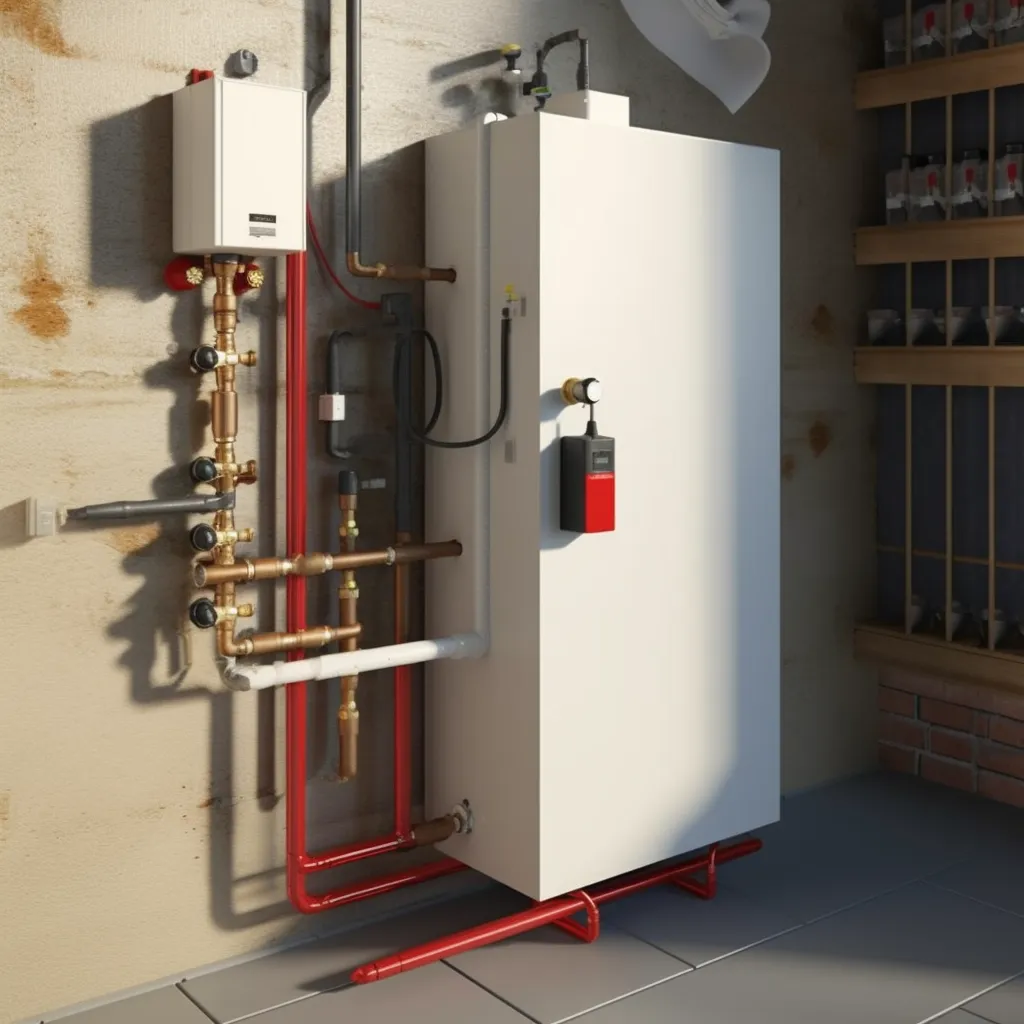
Licensing and Insurance: Ensure that the prospective plumber is licensed and insured to provide their services in your area. This guarantees their credibility and adherence to professional standards.
Specialization in Water Heaters: Choose a plumber who specializes in water heaters and possesses the necessary experience to repair and maintain your specific type of water heating system. Their expertise will ensure accurate diagnosis and effective solutions.
Reputation and Reviews: Conduct personal research by reviewing the plumber's website, ratings, and customer reviews.
Competitive Pricing: Compare prices from different plumbers to ensure you receive a fair rate that aligns with your budget. However, remember that quality and expertise should be prioritized over low prices.
Knowledge of Latest Trends: Select a plumber who stays updated on the latest trends and technologies in the industry. This ensures that they can provide you with the most efficient and innovative solutions for your water heater.
Service Guarantees and Emergency Availability: Inquire about any service guarantees offered by the plumber and their availability for emergency situations. This provides peace of mind knowing that they stand behind their work and can assist you promptly when needed.
Effective Communication: Choose a plumber who communicates effectively and clearly explains the work being performed. This ensures that you understand the repairs or maintenance being done on your water heater.
Reach out to an experienced professional
When facing issues with your water heater, it's important to have a licensed plumber examine the unit for a dependable and long-lasting solution. By following these recommendations, you can address water heater difficulties and keep your household running smoothly. If you require further assistance or advice, don't hesitate to contact a seasoned plumber who can assess your water heater and recommend the most effective solutions to get it back up and running efficiently.
Ready to Solve Your Plumbing Needs?
For reliable, expert plumbing services tailored to the needs of Malden and its neighboring cities, look no further than Water Heater Genies. We’re here for you 24/7, ensuring that your plumbing is always in top condition.
Call us today to schedule your service!
Business Hours: Monday - Sunday, 24 Hours
Phone Number: (781) 679-1733
Location: Malden, MA serving all surrounding areas.
Trust your local experts at Water Heater Genies for professional, timely, and efficient plumbing solutions.
GET IN FULL TOUCH
PHONE: (781) 679-1733
EMAIL:
marcus@waterheatermalden.com
Water Heater Genies
Malden, MA 01248
